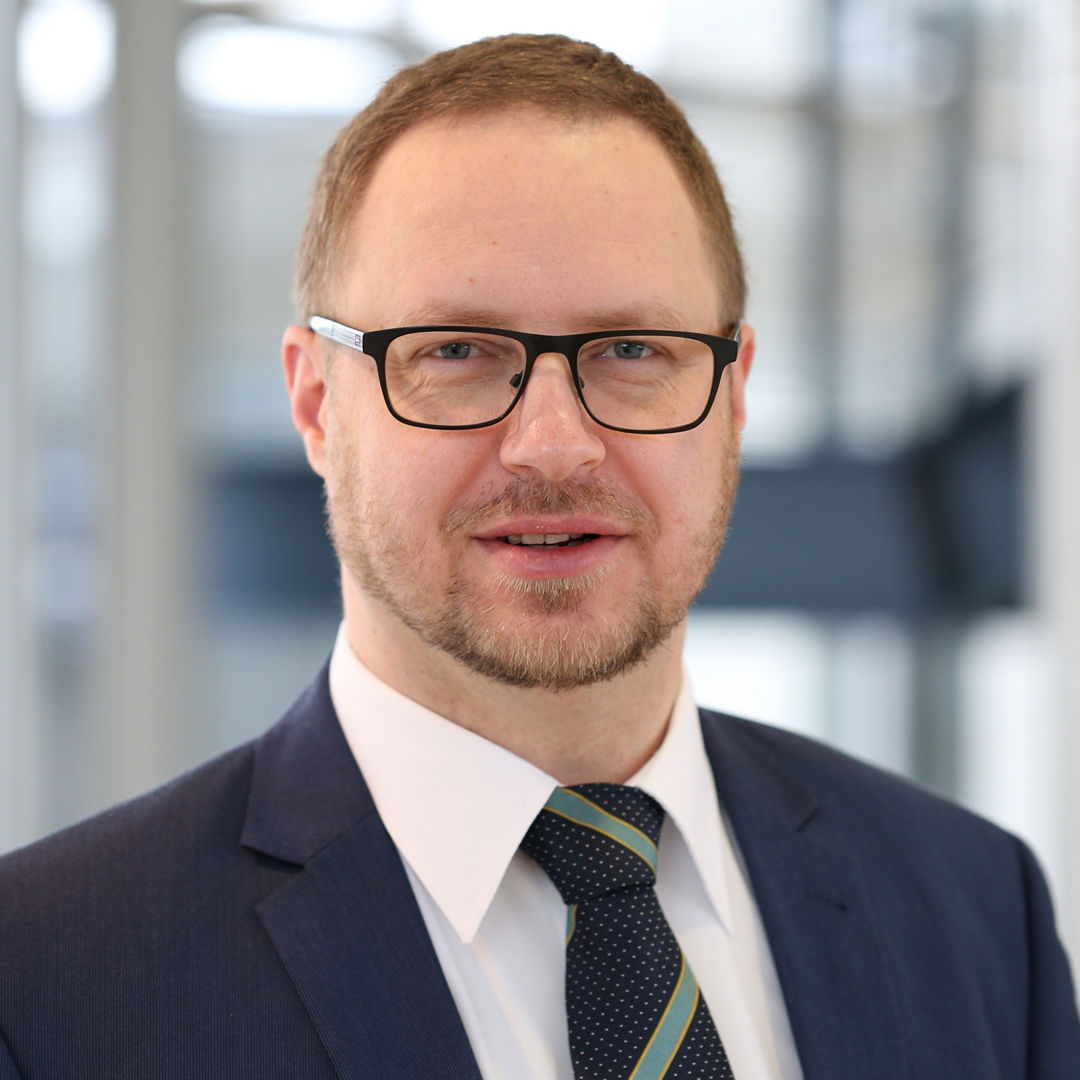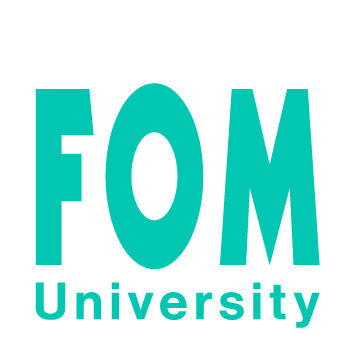Oh no, somethings seems to have the broke the search results. Please try rephrasing your search term!
Industrial Engineering with Business Studies
Master of Science (M.Sc.)
Master of Science (M.Sc.)
Industrial Engineering
With the English language course of study Master of Science “Industrial Engineering”, the FOM University of Applied Sciences offers graduates of industrial engineering, business science and engineering science Bachelor courses of study from China, and also other countries, the possibility of professional specialisation. The full-time course over three-semesters takes place in Germany at the FOM university centre in Essen.
In the course of study “Industrial Engineering” students deepen their existing technical and business expertise and in addition acquire important management competencies for responsible specialist and management duties. In particular, focus areas are product lifecycle-management, digitalisation of production and the organisation of an international technical sales department.
The course of study also teaches up-to-date knowledge of areas such as controlling & financing, international commercial and contract law, as well as technology & sustainability. In combination with the course being taught in the English language as well as the intercultural knowledge gained from staying in Germany, the Master’s course of studies prepares participants for professional life in an internationally-orientated company.
You will complete your master studies in Industrial Engineering with Business Studies with the academic degree of Master of Science (M.Sc.).
Duration
Studymodel
Credit Points
Accreditation (Master)
- Prerequisites for admission
- Start & duration
- Tuition fees
What you need for admission
- First academic degree in industrial engineering with 210 CP
- or a first university degree with engineering modules amounting to at least 60 credit points and with modules in business administration amounting to at least 60 credit points,
- or a first university degree with engineering modules amounting to at least 60 credit points and a successfully completed FOM-preparatory course in business administration,
- or a first university degree with business administration modules amounting to at least 60 credit points and a successfully completed FOM-preparatory course in technology,
- or a university degree (Diplom, Magister, Bachelor, state examination) in any discipline and 1.5-years work experience in a relevant field as well as successfully completed FOM-preparatory courses in business administration and technology.
- English language proficiency B2 or above
Start: winter semester
Duration: 3 semester
Studycosts
-
registration fee
1.580,00
euro
one-off enrolment fee
- tuition fee 11.400,00 euro
-
examination fee
350,00
euro
one-off examination fee at the end of the course
-
total fees
13.300,00
euro
Total costs includes enrolment fee, tuition fee and examination fee
Semester Overview
Study programme
Technology Management
Corporate and technology strategy
Technology management and concepts
Product development and methods
Process development and models
Project and risk management
Innovation and R&D Controlling
International Sales Management & Marketing
Product-Liftcycle-Management
Transfer Project
Consolidation of a subject module of the first two semesters
Reflection on one's own transfer competence
Application of specific methods
Transfer of scientific content into professional practice
Evaluation of the own teaching-learning process
International Project- & Claimmanagement
Fundamentals of international management
Basics of international project management
Project controlling in an international environment
Risk management in an international environment
Stakeholder management in an international environment
contractor management
supporters Project management techniques in an international environment
Intercultural cooperation and leadership
- Leadership and decision making
- team development
- Communication models and information
- conflict management
Deployment and development of international project managers
Claim Management and Claim Strategies
Negotiation concepts (Harvard concept and others) and strategies
Ethics and Compliance in
International Project Management
Technology & Sustainability (5 CP)
Sustainability – Basics
The roles of different actors in sustainable development
Sustainability assessment of products, Services and processes
Technology and technology transfer as Instrument of sustainable development
Technology- or Technology assessment
Sustainability relevant fields of technology
Master’s thesis and colloquium
Subject to change.

Contact at FOM University of Applied Sciences


